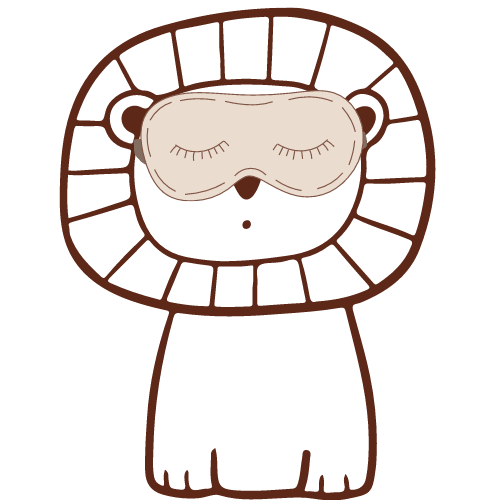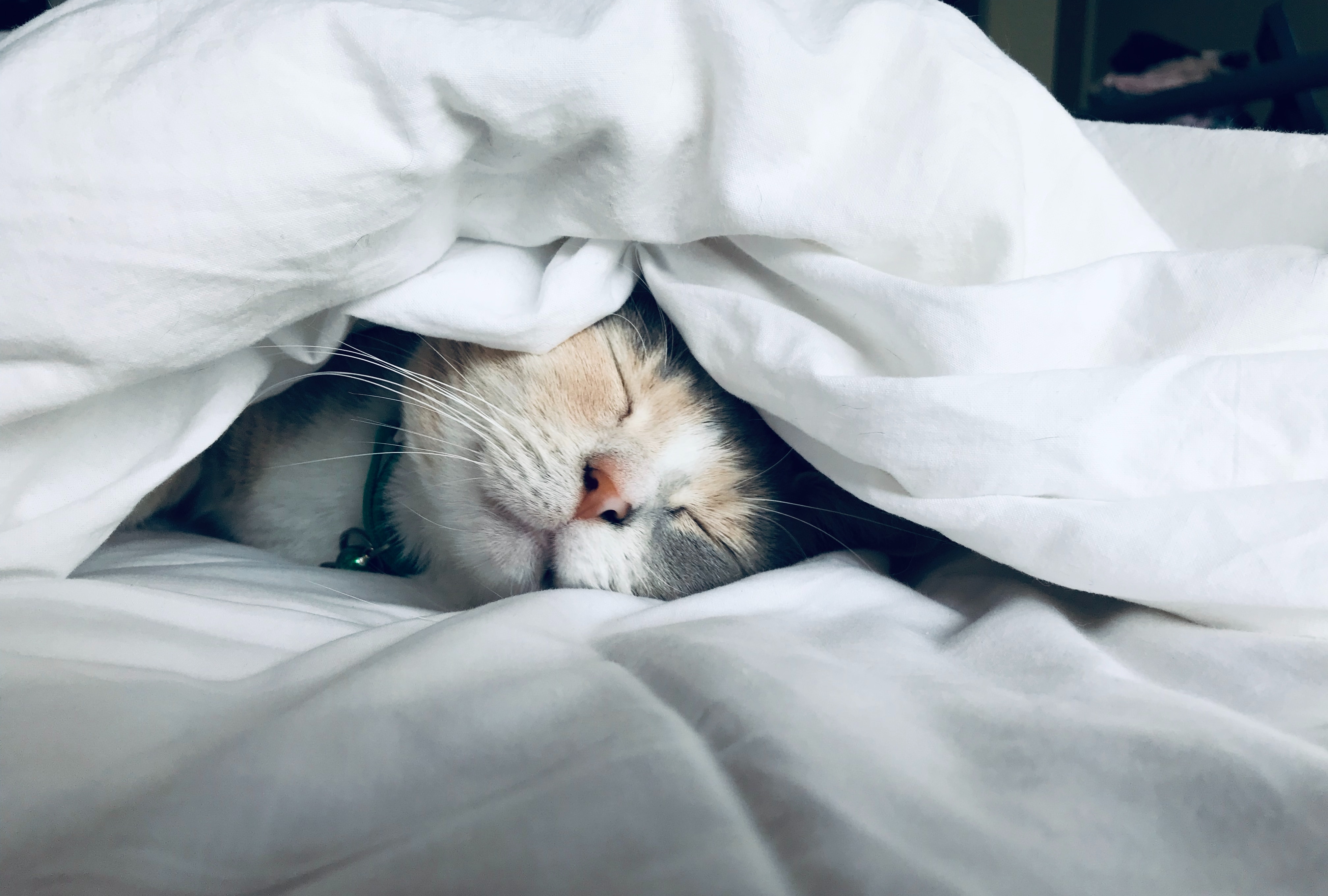While a tiny baby snoring can seem kind of cute, but it can actually be a red flag to something more serious happening with their breathing. When I work with new families, I will always ask if the baby or child snores, breathes loudly or makes funny noises as this can indicate that there are medical reasons behind their sleep issues.
Snoring and open mouth breathing in a baby or young child could indicate that their tonsils or adenoid tissue at the back of the throat is enlarged and swollen, restricting the amount of air and oxygen flow into and out of the brain. When the brain realises that the oxygen levels are lower than ideal, it will enter the ‘fight or flight mode’ and release cortisol, a stress hormone, which quickly wakes the body up so it can take bigger or more rapid breaths to make up for it. This is known as obstructive sleep apnea and can affect approximately 3% of children. It is a reasonably common condition but can be serious.
The release of cortisol and the partial or full waking up to catch a breath can cause disruptions during naps and night times, leading to frequent waking up during the night, tired babies and families. You may also see a child with sleep disturbances being cranky and grizzly during the day, tired and emotional and especially in older children you may notice irritability, hyperactive or ‘poor behaviour’, meltdowns or tantrums.
Signs of possible sleep apnea:
- Snoring,
- Heavy breathing,
- Pauses in breathing followed by a big breath, coughing, snorting, spluttering,
- Open mouth breathing,
- Restless sleep, moving around lots, rolling, tossing and turning,
- Night sweats,
- Bed wetting and sleep terrors in older toddlers and children,
- Irritability, hyperactivity, behaviour changes and disturbances during the day.
What to do if you think your child has sleep apnea:
Snoring does not always mean sleep apnea but if you suspect that there may be some issues with your child’s breathing and sleep, follow your gut and go to see a doctor.
It can be useful to video your child’s breathing while they sleep so your doctor can see what you mean when you explain what is going on. Your doctor may advise that you wait and see how things go for your child but always remember that you can seek a second opinion or referral to an Ear, Nose and Throat specialist.
Treatment for sleep apnea:
Depending on the severity of the apnea, your child may be
prescribed a medication to help open the airways or if their tonsils and
adenoids are enlarged it could lead to surgery. Do not try to incline your
child’s cot or give them a pillow to use to stop the snoring or funny
breathing- please see a doctor and explore the medical reasons and options.

